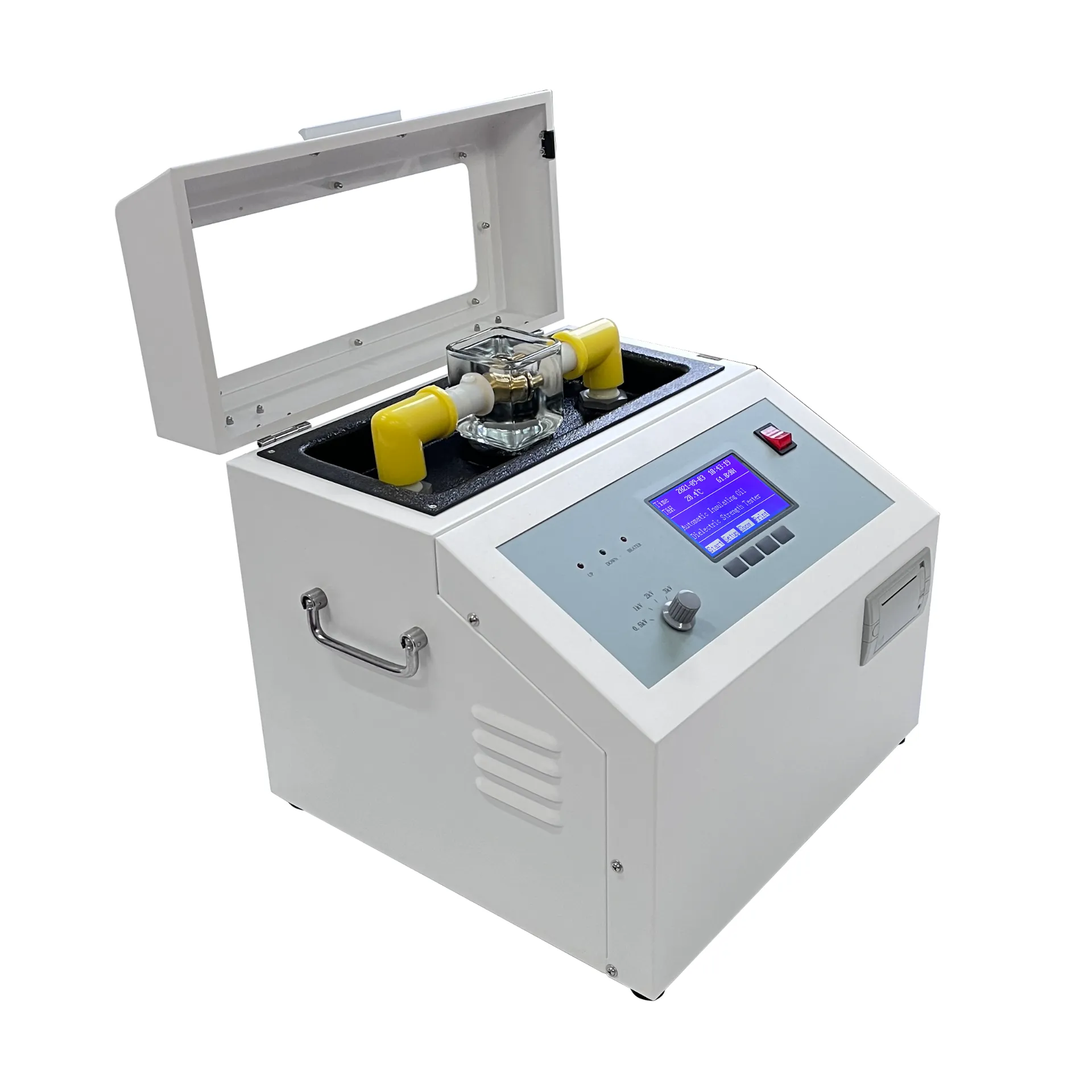 English
English


Ground Impedance Tester
Ground impedance testing is an essential practice in electrical engineering, particularly in ensuring the safety and efficiency of grounding systems. A ground impedance tester is a specialized instrument used to measure the resistance of the grounding system, thereby evaluating its effectiveness in dissipating electrical faults safely into the Earth.
Grounding systems serve as a critical safety feature in electrical installations. They direct excess electricity, from surges or faults, away from equipment and personnel, preventing potential hazards such as electric shocks or fire. The effectiveness of these systems largely depends on the ground resistance; lower resistance indicates a more efficient grounding system.
The working principle of a ground impedance tester involves injecting a known current into the ground through a test electrode and measuring the resulting voltage. From these two values, the instrument calculates the resistance using Ohm's Law (R = V/I). This testing method typically involves a three or four-pole technique, where the tester uses multiple electrodes to obtain a more accurate reading.
Precision in measurement is crucial, as high resistance could indicate an inadequate ground connection, which may lead to dangerous situations. These testers must be used under specific conditions to ensure accurate results; factors like moisture, soil composition, and temperature all affect ground impedance readings. For this reason, it is advisable to conduct tests during various seasons and environmental conditions.
ground impedance tester

In commercial and industrial setups, regular ground impedance testing is mandated to comply with safety standards and regulations. Not only does it ensure operational safety, but it also contributes to the longevity of electrical installations by preventing equipment damage from electrical faults.
Furthermore, modern ground impedance testers come with advanced features such as digital displays, data logging capabilities, and connectivity options for smartphones or computers. These advancements make it easier for engineers to analyze data, track trends over time, and make informed decisions regarding maintenance and upgrades.
In conclusion, ground impedance testers play a vital role in maintaining electrical safety and operational efficiency. By regularly assessing the resistance of grounding systems, organizations can protect their infrastructure and personnel from electrical hazards. Investing in quality testing equipment and expertise is essential for any operation intending to ensure safe electrical practices.
-
Differences between open cup flash point tester and closed cup flash point testerNewsOct.31,2024
-
The Reliable Load Tap ChangerNewsOct.23,2024
-
The Essential Guide to Hipot TestersNewsOct.23,2024
-
The Digital Insulation TesterNewsOct.23,2024
-
The Best Earth Loop Impedance Tester for SaleNewsOct.23,2024
-
Tan Delta Tester--The Essential Tool for Electrical Insulation TestingNewsOct.23,2024





